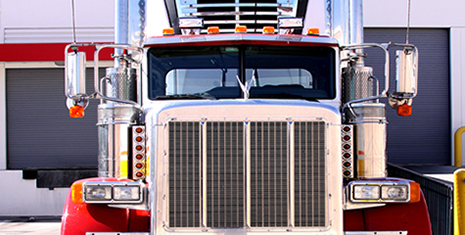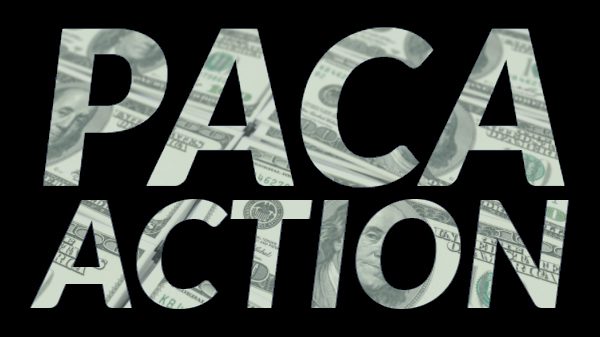Welcome to Blue Book!
Are you ready to join the thousands of companies who rely on Blue Book to drive smarter decisions? View our plans and get started today!
Still have questions? We’d love to show you what Blue Book can do for you. Drop us a line– we’ve been waiting for you.

There is some good news: more women are getting behind the wheel. “Women don’t see themselves in the industry because they assume it’s for ‘men only,’” explains Ellen Voie, president and CEO of the Women in Trucking Association in Plover, WI. “Our mission is to let women know they can do the job, are wanted, and valued, and can make the same income as men.” Currently, women account for about 13 percent of transportation occupations, according to the Bureau of Labor Statistics.
Last, but certainly not least, is another often ignored factor that revolves around simple courtesy and communication.
“The number-one reason drivers get out of the cab and stop being truck drivers is how they’re treated out on the road,” comments Lund. “They’re treated poorly by law enforcement, and they’re treated poorly at a lot of docks, although not all of them,” he comments.
#5 Fines, Fees, and Hefty Penalties
It’s a lot more than nickel-and-dime stuff: produce transporters are getting beaten down by the constant increases in fines, highway fees like tolls, equipment related charges, and the various checkpoints set up across the highway system to enforce them. Taken together, these amount to death by a million cuts, but there are bigger penalties out there.
A final rule published in April focused on increasing fines for a long list of violations, taking effect in June. Citation examples include insurance (up from $16,000 to $21,000 each), loading and unloading infractions (up from $11,000 to $16,000), and recordkeeping violations by drivers (up from $2,750 to $3,750).
Another FMCSA rule, prohibiting shippers, carriers, and brokers from coercing drivers to violate safety regulations such as HOS, is making waves with some trucking outfits. The rule became effective on January 29 and fines can be as much as $16,000 per violation. Plotsky isn’t on board with where the money goes. “If government decides a complaint is valid, the government gets $16,000 for highway administration—not the driver, not the trucking company,” he says.
There are also toll wars. Tolls are set by states, but truckers are dismayed at the scope and how they continue to climb. For example, truck and trailer rates went up this past January in Illinois, Colorado, Ohio, Maryland, North Carolina, Pennsylvania, Virginia, and Washington. Most states say the increases are to offset highway maintenance costs.
There is some light at the end of this particular tunnel. Earlier this year, the New York State Supreme Court told the state to stop collecting certain fees from out-of- state trucking companies, calling them both unconstitutional and discriminatory. The Owner-Operator Independent Drivers Association sued the state for requiring all trucks using New York highways to pay a $15 certificate of registration fee and a $4 decal charge. The Association contended the fees were unfair to out-of-state truckers who do not travel New York highways with regularity.




